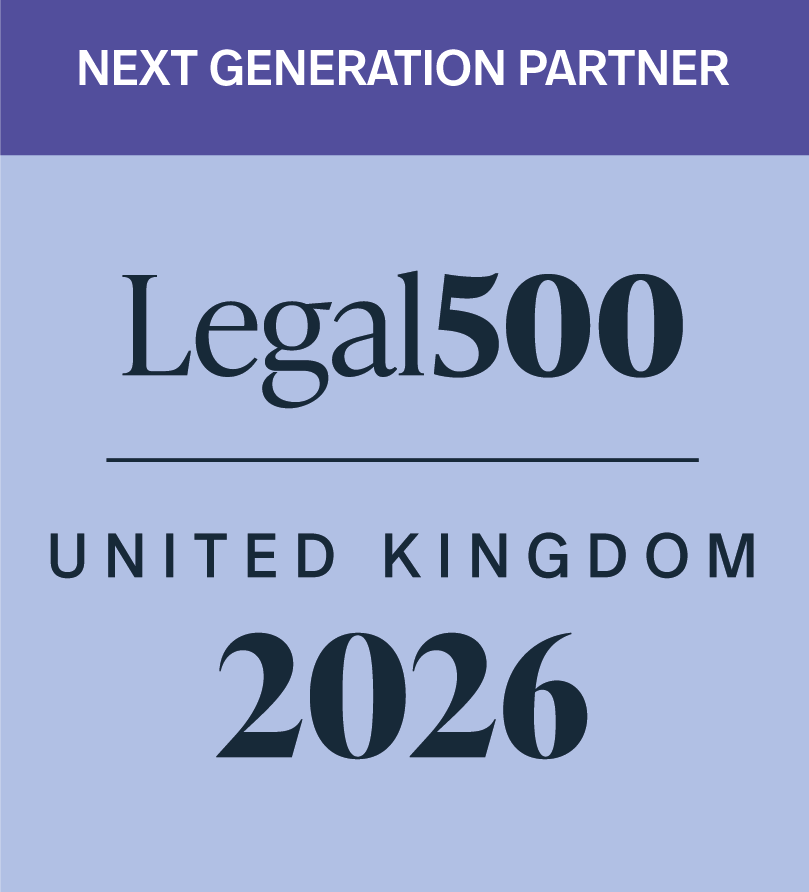Do you use cryptocurrency?
If so, are you aware that having crypto payments coming into your bank account could jeopardise your ability to purchase a property or a business in the UK? This article explains why.
The use crypto continues to grow worldwide. Those who choose to use it often do so either as a form of investment, to preserve value in countries with unstable currencies or to allow for faster and cheaper cross-border financial transfers than can be achieved through traditional routes. It is also popular for tokenisation of assets, with physical property being turned into digital tokens on blockchain to enable fractional ownership or easier trading. Increasingly some businesses are being asked to accept crypto as a form of payment.
While the adoption of crypto is currently growing most rapidly in emerging markets, where people face weaker banking infrastructure and inflationary currencies, an increasing number of people in the UK do now use it. Figures issued by the Financial Conduct Authority (FCA) in 2025 suggest that nine percent of UK adults, around seven million people, are now using it in some way.
Inevitably, as with all areas of finance, crime has become an issue. This summer, for example, the BBC ran a news item about a Bitcoin scam which resulted in an investor losing £2.1 million.
Regulation
Meanwhile, regulators are trying to keep pace, to protect the majority of crypto users, who are entirely honest. Europe is currently better protected than the UK, with the Markets in Crypto-Assets (MICA) Regulation now in force, governing the insurance, provision and trading of most crypto assets.
The UK is working on its next tranche of regulation. Cryptoasset businesses are already required to register with the FCA under anti-money laundering and counter-terrorist financing rules. The UK has also extended its financial promotions regime to cover ‘qualifying cryptoassets’ – so the marketing of those to UK consumers is regulated.
There is a further provision, in place since 2023, which requires businesses to collect, verify and share info about cryptoasset transfers in line with the ‘Travel Rule’.
How your legal transaction may be affected
The UK anti-money laundering rules require law firms to identify the source of funds for any transaction that clients are undertaking, whether you are buying a business or your first residential property. Generally, this is fairly straightforward, whether the money is from savings, an inheritance, the sale of another property or business, or a transparent equity investment.
However, if you have any funds in a bank account that have converted from cryptocurrency, unless we can trace that cryptocurrency back to source, the other funds in that account have to be considered as a risk for money laundering as they have been ‘tainted’ by the crypto funds. In this scenario, we would be prohibited from using any of the money in that account to carry out your transaction.
Key tip
If you have any crypto investments or transactions, open a separate bank account for these rather than using your main traditional account and combining the money.
Further changes are being proposed by the UK government and the FCA between now and the end of 2026. If you use, or are considering using, crypto in any form, you should keep abreast of these changes.
How To Contact Us:
To contact a member of our team, you can fill in our online enquiry form, email info@fraserdawbarns.com, or call your nearest office below. If you’d like to speak to a member of our team at one of our offices across Norfolk and Cambridgeshire, visit our offices page.
Wisbech: 01945 461456
March: 01354 602880
King’s Lynn: 01553 666600
Ely: 01353 383483
Downham Market: 01366 383171
This article aims to supply general information, but it is not intended to constitute advice. Every effort is made to ensure that the law referred to is correct at the date of publication and to avoid any statement which may mislead. However, no duty of care is assumed to any person and no liability is accepted for any omission or inaccuracy. Always seek advice specific to your own circumstances. Fraser Dawbarns LLP is always happy to provide such advice.
Related Articles
Recommended By The Legal 500 Directory*
*We are recommended for the following practice areas: Corporate and Commercial, Debt Recovery, Employment, Personal Injury: Claimant, Agriculture and Estates, Contentious Trusts and Probate, Family, Personal Tax, Trusts and Probate & Commercial Property.
ServicesContact















